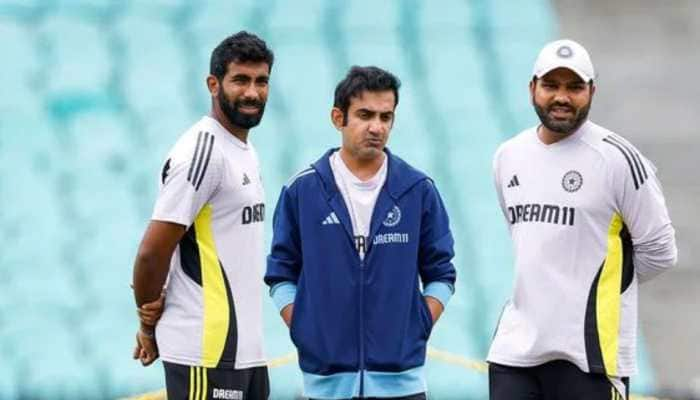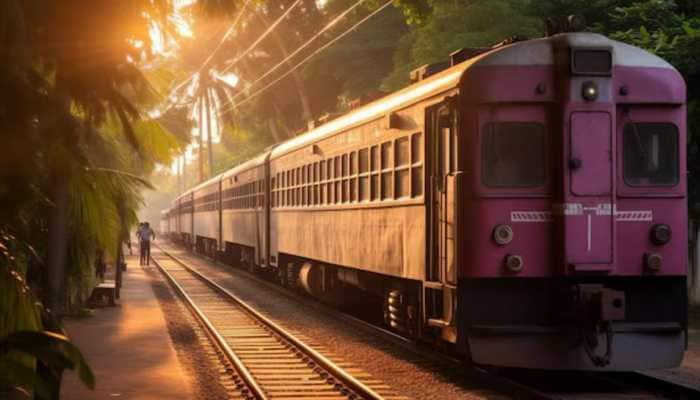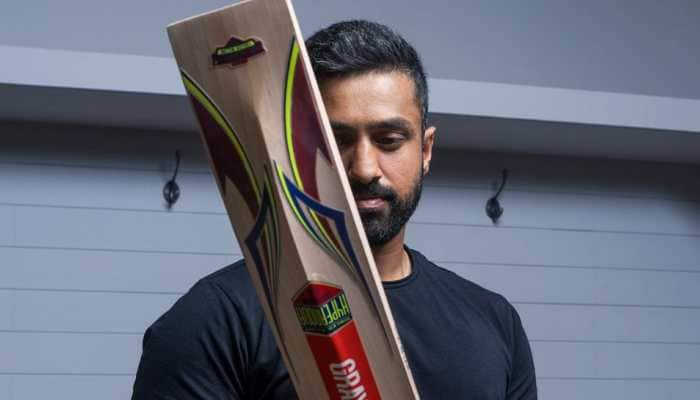Bengaluru: 175 km of Namma metro rail network to be operational by June 2025
Bengaluru metro Update: 175 km of ‘Namma metro’ rail network to be operational by June 2025, Construction underway for Phase II and III, reports ANI.
- 175 km of Bengaluru's Namma metro rail network to be operational by June 2025
- Bengaluru will have 314 km of metro rail connectivity by 2041
- Further, Namma Metro recently introduced digital payment options
Trending Photos
) Image for representation
Image for representation The 175 km of Namma Metro will become operational for commuters within the next three years as Bengaluru metro rail project is relentlessly working towards completing the tracks as soon as possible to make commuting easier for passengers. The Bengaluru Metro Rail Corporation (BMRC) Managing Director Anjum Parwez stated that by June 2025, 175 km of commute in the city will be completed, and as a part of the second and third phases of the project, Bengaluru will have 314 km of metro rail connectivity by 2041. Addressing a session on the Future of Mobility at the Bengaluru Tech Summit 2022 (BTS 2022) Parwez stated that the construction of metro lines was progressing well on the airport side.
He said that the biggest challenge in urban mobility is the integration of multi-modal transport systems to move people to get into public transport from personalised transport modes. Urban India was the most neglected area until the 1990s as urban planning was not in sync with connectivity or mobility issues, according to Parwez.
Also read: India-Nepal trans-border railway service to be suspended for four days; Check dates here
Parwez said the Namma Metro had recently gone digital with its payment options that include the use of (quick response) QR code scans and unified payments interface (UPI)-based payment options which have met with a good response from commuters. Also, he said there was no waiting time for passengers who are in a hurry as there is no need to stand in queues to buy tickets or cards now.
He said BMRCL was working on a transit-oriented development where the commuters live close to the stations and the workplace. Besides, he said BMRCL also intends to integrate all aggregators by bringing out a mobility card for commuters.
He said the corporation was in talks with Bengaluru Metropolitan Transport Corporation (BMTC) to have bus stops at metro stations to help commuters hop on and hop off both modes of transport.
He said bike taxis and car-pooling should be encouraged although the government of Karnataka had put brakes on their operations. The BMRCL is also working on introducing shopping options for commuters inside and outside the metro stations. He said the BMRCL plans to sell office space in metro stations and provide end-to-end solutions to all stakeholders.
Amit Bhatt, Managing Director of the International Council on Clean Transportation (ICCT), said urbanisation in India is 33 percent while it is 80-85 percent in European and American countries. He said about 66 percent of urban infrastructure is yet to be built in India as the country is set to see a number of cities being built. The biggest challenge is to ensure zero emission, zero exclusion, and zero accidents in urban transport, he said.
Vadiraj Krishnamurthy, Vice-President Technology and Innovation, Bosch Global Software Technologies, said the future was software-defined fully programmable vehicles. The key enablers of urban transport are personalised multi-modal mobility, automated mobility, and electrified and connected mobility. "Connecting vehicles using technology is an engineering challenge of the future," he said. Vinayak Bhavnani, Co-Founder and Chief Technology Officer, Chalo, were present and also spoke during the event.
(With inputs from ANI)
Stay informed on all the latest news, real-time breaking news updates, and follow all the important headlines in india news and world News on Zee News.
Live Tv







)
)
)
)
)
)
)
)
)
)
